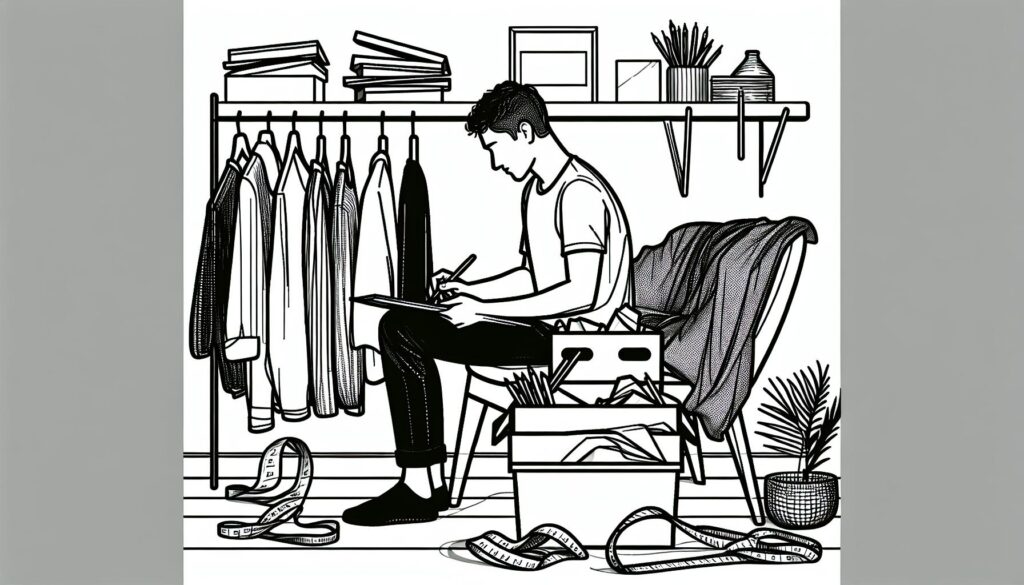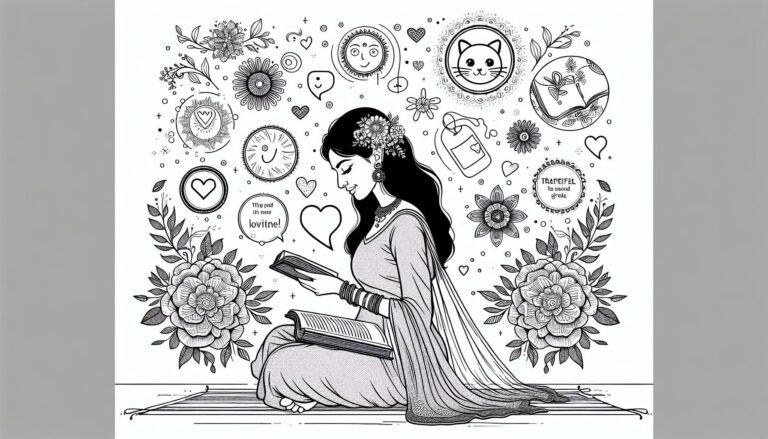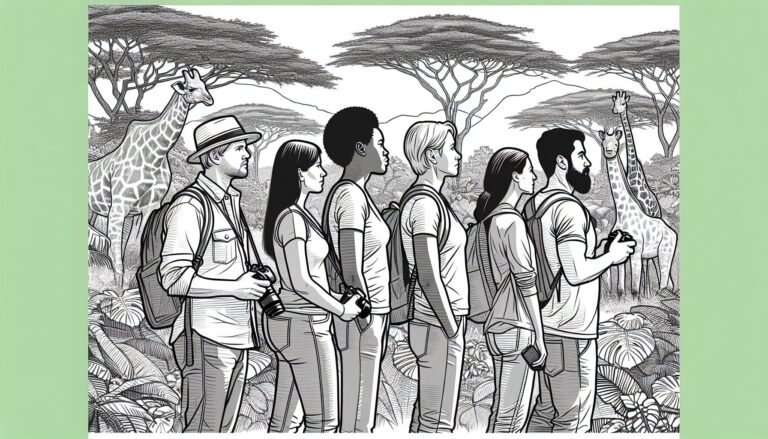Are you ready to uncover the truth about minimalism? In this article, I’ll debunk five common myths surrounding this popular lifestyle trend. As a seasoned minimalist, I’ve encountered these misconceptions firsthand and I’m here to set the record straight.
From the belief that minimalism is all about owning as few possessions as possible to the misconception that it’s an expensive lifestyle reserved for the elite, I’ll address these myths with clarity and expertise. Get ready to challenge your preconceptions and discover the real essence of minimalism. Let’s dive in and separate fact from fiction in the world of intentional living.
Myth 1: Minimalism is about owning as few possessions as possible
When it comes to minimalism, many believe it’s all about owning as few possessions as possible. However, it’s not just about deprivation or living with the bare minimum. As a seasoned minimalist, I can attest that minimalism is more about intentionality and being mindful of what you own.
Minimalism encourages prioritizing items that truly add value to your life, rather than accumulating things for the sake of it. It’s about quality over quantity and eliminating clutter to make room for what truly matters.
Having a curated collection of possessions that bring you joy and serve a purpose is at the core of minimalism. It’s not about counting the number of items you own but rather valuing each item for its significance in your life. Minimalism is about simplifying and streamlining your belongings to create a space that resonates with you.
Contrary to the myth, minimalism is a personal journey that looks different for everyone. It’s not about reaching a specific number of possessions but about finding balance and living intentionally with what you have. Embracing minimalism doesn’t mean getting rid of everything; it means choosing what adds value and brings purpose to your life.
Myth 2: Minimalism is an expensive lifestyle choice
Some people believe that minimalism requires buying expensive designer items to create a sleek and modern look. However, in my experience, minimalism is not about the price tag but rather about the value an item adds to your life.
Minimalism actually saves money in the long run by encouraging you to be intentional with your purchases. By focusing on quality over quantity, you end up buying fewer things but of higher quality that last longer. This approach ultimately leads to less wastage and spending on items that you don’t truly need or love.
Embracing minimalism has helped me rethink my spending habits and prioritize what truly matters to me. I’ve realized that living minimally doesn’t mean sacrificing style or comfort; it’s about making thoughtful choices that align with my values and goals.
Moreover, minimalism extends beyond material possessions to mindful consumption in all aspects of life. It’s about being conscious of the environmental and social impact of what we buy. By adopting a minimalist mindset, I’ve found that I can live more sustainably and consciously, making choices that benefit both me and the world around me.
| Fact | Data |
|---|---|
| Minimalism saves money in the long run | Quality over quantity |
| Minimalism encourages mindful consumption | Less wastage and spending |
| Minimalism promotes sustainable living | Conscious choices for a better world |
Myth 3: Minimalism means living an austere and joyless life
Some people believe that minimalism equates to living a dull and joyless existence, devoid of any happiness or pleasure. However, this myth couldn’t be further from the truth.
Living minimally does not mean depriving oneself of enjoyment or living in a state of constant sacrifice. Instead, it’s about prioritizing what truly brings joy and value into one’s life while eliminating distractions and clutter that do not serve a purpose.
By simplifying one’s surroundings and focusing on what truly matters, minimalism can actually lead to a greater appreciation for life’s simple pleasures. It allows me to cherish experiences, relationships, and moments of contentment without the distractions of excess stuff.
Embracing minimalism has enabled me to create a space that is serene, functional, and personally fulfilling. I’ve discovered that having less physical clutter translates to a clearer mind and a deeper sense of overall well-being.
In essence, minimalism is not about living in austerity; it’s about curating a life filled with intention, purpose, and joy. It’s about surrounding myself with things that truly matter and align with my values, ultimately leading to a more fulfilling and satisfying way of living.
Myth 4: Minimalism is only for the elite or privileged
When it comes to minimalism, it’s often perceived as a lifestyle reserved for the elite or privileged. However, this is a common misconception that needs to be debunked.
Minimalism is not about how much money you have or the status you hold; it’s about simplifying your life and focusing on what truly matters. It’s a mindset shift rather than a status symbol.
I come from a background that wasn’t affluent, but minimalism still resonated with me. It’s about intentionality and prioritizing what adds value to your life, regardless of your financial situation.
One of the beautiful aspects of minimalism is that it can be tailored to fit any budget. You don’t need expensive decor or designer labels to embrace this lifestyle. It’s about decluttering, organizing, and being mindful of what you bring into your space.
Contrary to popular belief, minimalism is a versatile lifestyle that can be embraced by anyone, irrespective of their economic background. It’s all about simplifying, decluttering, and focusing on what truly brings you joy and fulfillment.
Myth 5: Minimalism requires you to follow strict rules and guidelines
When it comes to minimalism, there’s a common misconception that it involves rigid rules and strict guidelines that must be followed to the letter. In reality, minimalism is a flexible and personal journey that can be adapted to suit individual preferences and lifestyles. It’s not about adhering to a set of strict rules but rather about creating a space that aligns with your values and priorities.
I’ve found that minimalism empowers me to make intentional choices about the things I own and the way I live my life. It’s not about depriving myself of things I love but rather about surrounding myself with items that bring me joy and serve a purpose. By embracing minimalism, I’ve been able to declutter my space, reduce decision fatigue, and focus on the things that truly matter to me.
It’s important to note that there is no one-size-fits-all approach to minimalism. Some people may choose to follow strict guidelines, while others may adopt a more relaxed approach. The beauty of minimalism lies in its adaptability and the freedom it offers to tailor the lifestyle to your unique preferences and values.
In essence, minimalism is about creating a life that is intentional, meaningful, and fulfilling. It’s not about conforming to a rigid set of rules but rather about designing a lifestyle that resonates with you personally. So, don’t be intimidated by the idea of strict guidelines – embrace minimalism in a way that feels authentic and empowering to you.
Key Takeaways
- Minimalism is not about owning as few possessions as possible; it’s about being intentional and prioritizing items that add value to your life.
- Embracing minimalism does not have to be expensive; it focuses on quality over quantity, saving money in the long run.
- Minimalism is not about leading an austere life but about curating joy and purpose by eliminating distractions and clutter.
- Minimalism is inclusive and not limited to the elite; it’s about simplifying life and focusing on what truly matters, regardless of financial status.
- Minimalism is a flexible journey that can be adapted to individual preferences, not rigid rules to follow strictly.
Conclusion
Debunking myths about minimalism has been enlightening. It’s crucial to understand that minimalism isn’t about strict rules but rather a personal journey. Embracing minimalism empowers me to make intentional choices, leading to a decluttered space and reduced decision fatigue. By focusing on what truly matters, I can align my possessions with my values, promoting a sense of fulfillment. Minimalism’s adaptability allows for a tailored approach that resonates with my individuality, emphasizing intentionality and meaning in every aspect of my life.
Frequently Asked Questions
What is minimalism?
Minimalism is a lifestyle that focuses on intentional living, decluttering, and prioritizing what truly matters to an individual. It is not about following strict rules but rather about creating a space that aligns with personal values and priorities.
Is minimalism restrictive?
No, minimalism is not restrictive. It offers flexibility and adaptability, allowing individuals to personalize their approach based on their unique needs and preferences. It’s about simplifying life and eliminating excess to create a more meaningful and intentional lifestyle.
How can minimalism benefit individuals?
Minimalism can benefit individuals by reducing stress, enhancing mental clarity, and promoting a sense of fulfillment. By decluttering and focusing on what is essential, individuals can experience increased productivity, better decision-making, and a greater appreciation for the things that truly matter in life.



